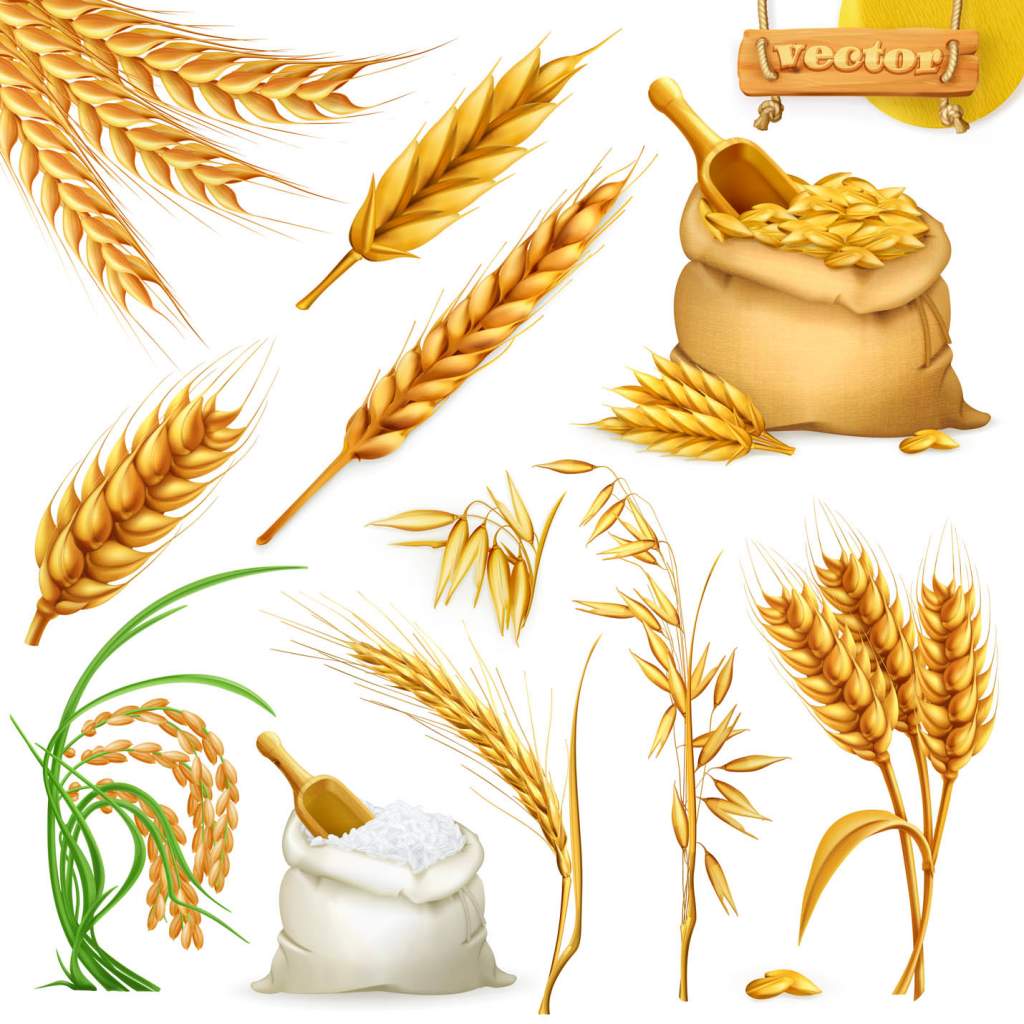Wheat Bran Nutrition
Wheat bran is the hard outer layer of the wheat plant, which is removed when the wheat is processed into refined flour. Wheat bran is often added to commercially prepared foods and can also be purchased for use in baking or as a nutritional supplement.
Calories and Fats
One cup of wheat bran contains approximately 125 calories and no saturated fats, trans fats or cholesterol.
Protein
Protein is an essential element of nearly every cell in the human body. A single cup of wheat bran provides 9 grams of protein.
Fiber
Wheat bran is particularly high in dietary fiber; one cup of wheat bran provides almost the entire recommend daily allowance. Dietary fiber promotes intestinal health and reduces the risk of many life-threatening diseases such as cancer and diabetes. The complex carbohydrates in high-fiber foods also provide energy and promote satiety.
Vitamins and Minerals
Wheat bran is a good source of many important vitamins and minerals, such as iron, magnesium and phosphorus. It is also high in thiamin, niacin, folate, riboflavin and vitamin B-6, and contains only a trace amount of sodium.
Health Benefits
There is little disagreement that wheat bran is an excellent source of nutrition. Because of its high fiber content, consuming wheat bran is an effective way to maintain bowel regularity. Some studies have shown that wheat bran may also help prevent cancer, but these results are inconclusive.






